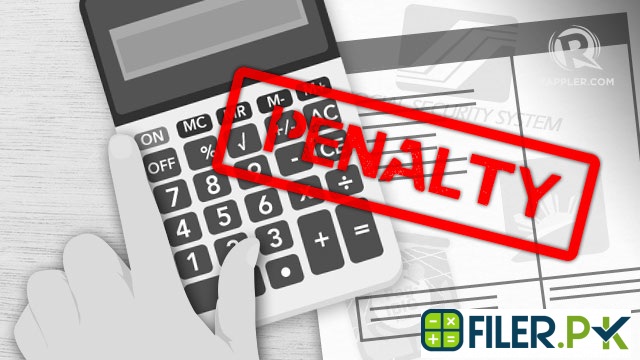What are the penalties of being non-filer?

Being a responsible Pakistani, if you haven’t filed your tax then you will have to face the penalties of being non-filer. According to PkRevenue , the date on which you pay your taxes has expired or you may not have the information for your return completion, or you may not have enough money to pay […]
What are the consequences of missing tax deadline?

It is the duty of every filer to tax their files before the deadline in order to protect him from the consequences of missing the tax deadline. However, If any person failed to tax his filer before the deadline, he should file his tax as soon as possible. In case of failure of pay tax, […]